Breaking ground in winter: pros/cons?
zone4newby
11 years ago
Featured Answer
Sort by:Oldest
Comments (11)
User
11 years agoMNTwins
11 years agoRelated Professionals
Hockessin Architects & Building Designers · San Angelo Architects & Building Designers · Aspen Hill Design-Build Firms · Boise Design-Build Firms · Honolulu Design-Build Firms · South Hill Home Builders · West Jordan Home Builders · Pooler General Contractors · Centereach General Contractors · Clarksville General Contractors · Elyria General Contractors · Hermitage General Contractors · Las Cruces General Contractors · Rowland Heights General Contractors · Springfield General ContractorsAnnie Deighnaugh
11 years agofrozenelves
11 years agozone4newby
11 years agoUser
11 years agotheisma
11 years agoMNTwins
11 years agozone4newby
11 years agoworthy
11 years ago
Related Stories
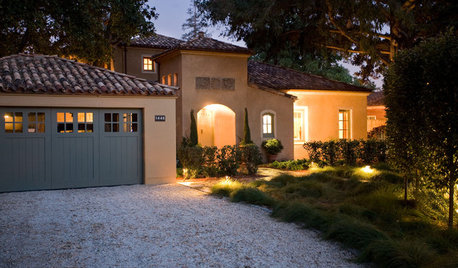
REMODELING GUIDESGravel Driveways: Crunching the Pros and Cons
If you want to play rough with your driveway, put away the pavers and choose the rocky road
Full Story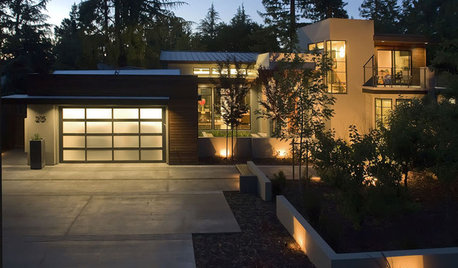
REMODELING GUIDESConcrete Driveways: Poring Over the Pros and Cons
Concrete adds smooth polish to driveways and a sleek look to home exteriors, but here are the points to ponder before you re-surface
Full Story
GARDENING GUIDES4 Ways to Break the Rules in Your Garden
For a more creative landscape design, take a different approach to planting
Full Story
KITCHEN DESIGNHouzz Call: Pros, Show Us Your Latest Kitchen!
Tiny, spacious, modern, vintage ... whatever kitchen designs you've worked on lately, we'd like to see
Full Story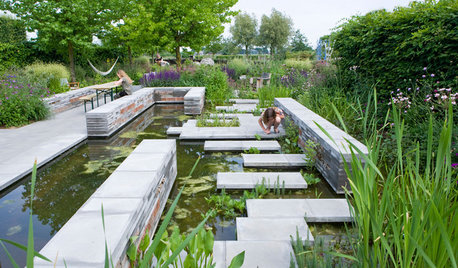
LANDSCAPE DESIGNProblem Solving With the Pros: A Garden Built From Scratch
Nature is reintroduced and redefined in a Dutch urban setting, to forge a dynamic relationship with city dwellers
Full Story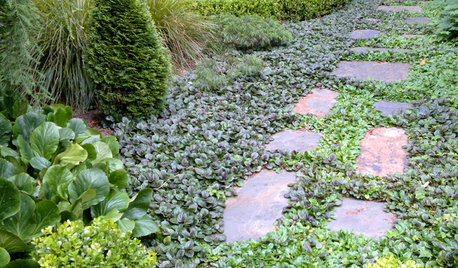
GROUND COVERSGround Force: 10 Top Ground Covers for Your Garden
Protect your soil from weeds and drought this summer with a living mulch of ground covers
Full Story
KITCHEN DESIGNBreaking Out of the Kitchen Work Triangle
Keep the efficiency but lose the rigidity with kitchen designs that don't box you in
Full Story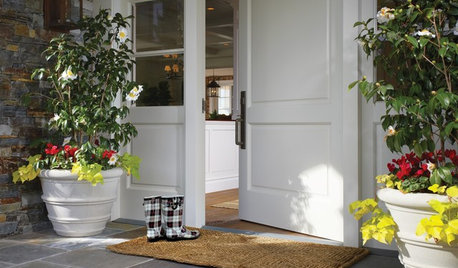
MOST POPULARThe Polite House: On ‘No Shoes’ Rules and Breaking Up With Contractors
Emily Post’s great-great-granddaughter gives us advice on no-shoes policies and how to graciously decline a contractor’s bid
Full Story
DECORATING GUIDESNo Neutral Ground? Why the Color Camps Are So Opinionated
Can't we all just get along when it comes to color versus neutrals?
Full Story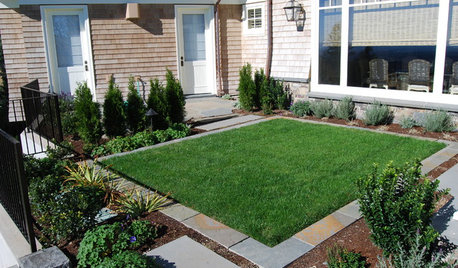
GARDENING GUIDESHow to Prep Your Ground for a Healthy New Lawn
Seed or sod that falls on weedy, lumpy soil is a wasted effort. Follow these steps to ensure that your new lawn will thrive
Full Story





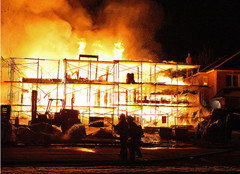
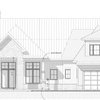
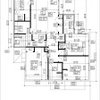
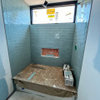
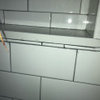
Epiarch Designs